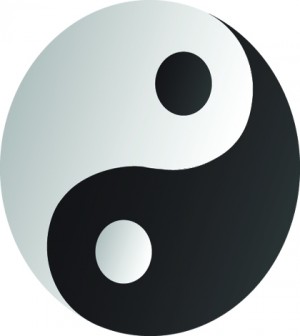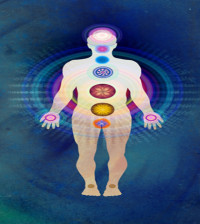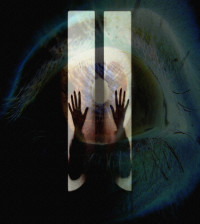- 5 Tips To Finding Peace Within Yourself
- The Do’s and Don’ts of Learning How to Accept Yourself
- How to Find Your Inner Peace and Transform Your Life
- 8 Benefits of Having an Open Mind and How to Get One
- Learn How To Be A Happier Person
- What Is The Meaning Of Life?
- Laws of Abundance – The Riches of Love and Joy
- How to Be Laid Back By Following These 9 Simple Strategies
- The meaning of confucius’ golden rule – 4 practical ways of living it
- 3 methods of unleashing the power of contentment in your life
Buddhism and Karma: 9 Points Explained

1. Origins of Karma
A belief in Karma existed in India before Buddha. However, it was Buddha who explained the concept in detail, and hence it has a pivotal role in the Buddhist faith.
2. Karma is Not Fate
Karma is erroneously believed to mean fate or destiny. It actually means action. Ay action performed intentionally, whether this is physical, verbal or in the mind is karma. Unintentional acts do not constitute karma; intention is crucial for karma to take effect.
3. Karma is Action
Karma is the action, the cause. The effect or reaction is known as Vipaka. Those who have bad karma, or perform bad deeds, will receive bad Vipaka. Likewise, those who have good karma and perform good deeds will receive good Vipaka.
4. Types of Karma
There are four different types of karma. Reproductive karma takes into accounts the actions of a previous existence and provides the conditions for the re-birth. The supportive karma, which is neutral, assists the reproductive karma. The counteractive karma works in the opposite way to the reproductive karma. A person who is then born with good reproductive karma will have negative things occur because of the counteractive karma, and vice versa a person born with bad reproductive karma will have some beneficial aspects due to counteractive karmic influences. Finally, destructive karma, which if it is powerful enough can negate reproductive karma. Destructive karma can operate in a good or bad manner, and is dependent upon past karma.
5. Karma Within Buddhism
In Buddhism, there are five processes that are in work in the mental and physical spheres, including Utu, Bija, Karma, Dhamma and Citta. The Utu process is concerned primarily with seasons and seasonal changes. Bija concerns the order of seeds and germs. Karma is the order of cause and effect. Dhamma pertains to the order of the norm, including laws of nature. Citta relates to psychic laws.
There are 24 conditions contained in the philosophies of Buddhism. Karma is just one of them. Karma must also be viewed in connection with the Eightfold Path, the Four Noble Truths and the idea of rebirth.
6. Effects of Karma
Karma works on the principles of cause and effect. Our present situations are therefore mainly the fruits of our previous actions. Karma also includes present actions; it will affect what a person is to become. Buddhists believe that karma can have an effect on more than one lifetime.
Inequality in life is perceived as being brought about by karma from a previous life. The belief is that nothing in life happens to somebody that they do not deserve.
A Buddhist believes that by performing good acts in this lifetime, they will have better karma for their next lifetime. Also, when Buddhists meet with unfavourable circumstances, they are dealt with patiently with the sense that they are merely re-paying back for previous bad karma.
7. There is no Judge
In Buddhism, there is no omnipresent force that judges a person’s deeds rather, it is a natural process. It is not seen as punishment or reward, but a naturally occurring thing that arises from actions.
People are the authors of their own fortunes, or misfortunes, depending upon their actions. People create their own fates and destinies.
8. Karma Can be Reversed
Karma can be reversed, in that it is possible to alter the effects of bad karma by creating better situations in the present. At the same time, a person with a good karmic history can undo this by performing misdeeds in the here and now. To what extent karma can be altered depends on the person.
Meditation can be used to clear and purify minds in order to undo the effects of previous negative karma. Meditation encourages mindfulness and a deep awareness and inner understanding. These things combined can help people to pay more attention to their present actions to ensure that they perform only those actions that will attract positive karma.
9. Reincarnation
Although Buddhism includes the idea of reincarnation, the present personality and ego of a person dies and does not continue. The idea of self is very different to the typical western idea of self.
There is no soul within Buddhism. When a person dies, their whole being dies. This can be a difficult idea to reconcile with the principle of re-birth.








































You must be logged in to post a comment Login